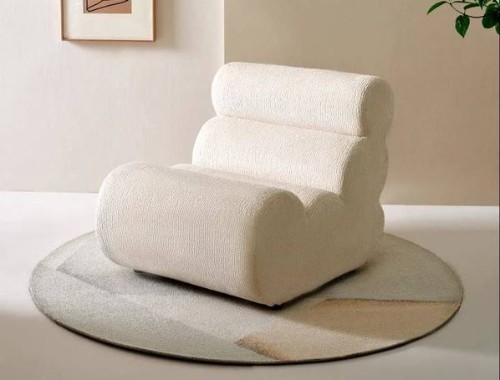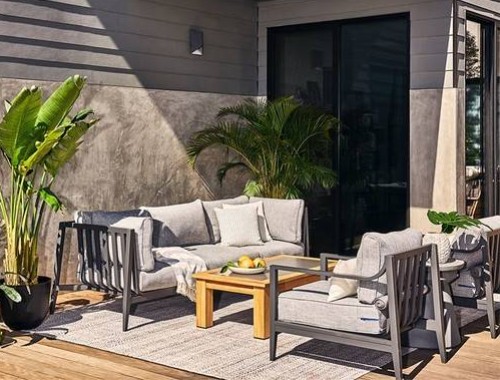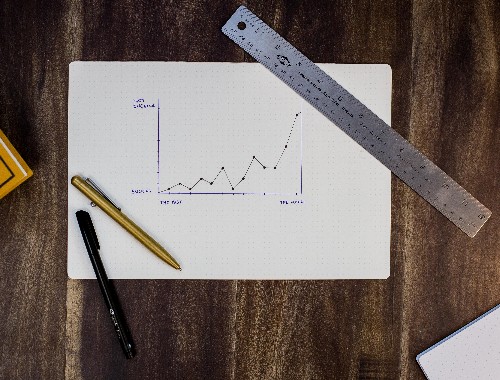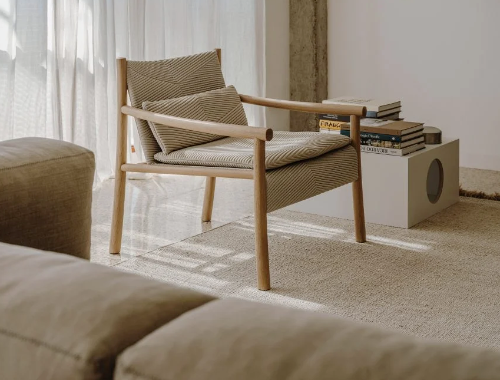
Heijdens’ Phare No.1-9 consists of nine suspended vessels that contain transparent liquid. A light source at the top of each vessel
shines into the water and creates abstract patterns, which project onto the white walls and floor of the installation.
The project, commissioned by Champagne brand Perrier-Jouët and presented at Design Miami this week, is intended as a contemporary
interpretation of the Art Nouveau movement.
Art Nouveau, which flourished from the 1890s to the First World War, is known for its florid lines but Heidjens said that its artists
exploited the latest technological developments.
"They saw themselves as naturalists, making big lavish botanicals, as natural as possible," he said. "But looking further underneath
that skin, there is a really strong geometry and mathematics to their formal language and to the way the technology of their time
was used in their work."
Phare, which means lighthouse or beacon, takes data from outdoor sensors that monitor the wind and transforms it into a narrow
beam of light that shines into the liquid within the vessels. When the light hits a photo-sensitive dye within the liquid, it produces
delicate three-dimensional "drawings" in the vessels.
The dye gradually dissipates and becomes transparent again, changing the patterns that are projected around the room.





























 沪公网安备31010402003309号
沪公网安备31010402003309号